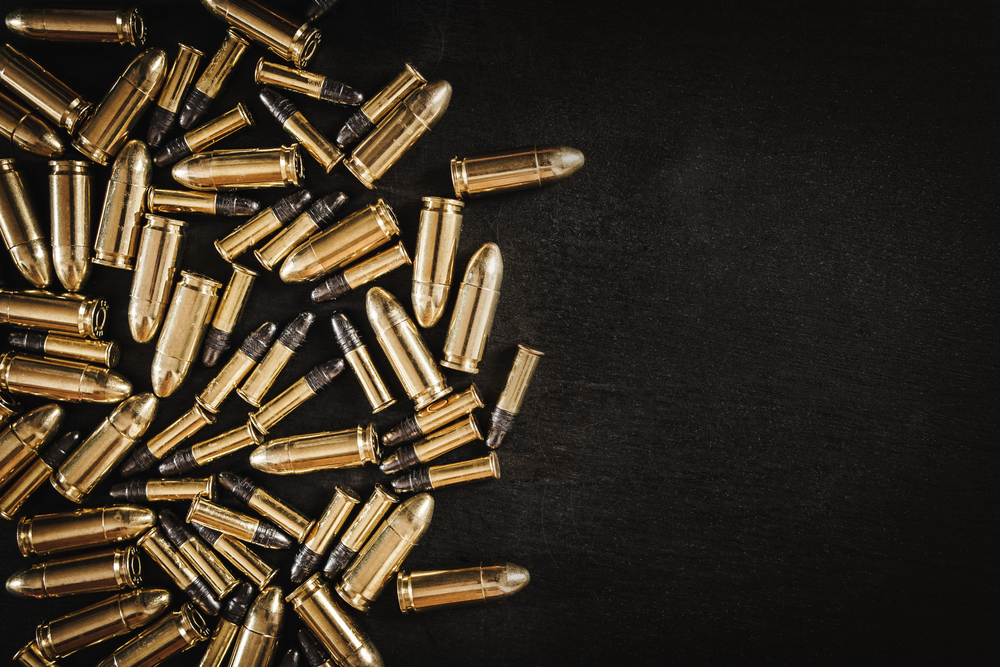
By Jim Saunders, The News Service of Florida
TALLAHASSEE — The National Rifle Association and local-government groups are trying to help sway an appeals court in a battle about a controversial state gun law.
The NRA this week filed a proposed friend-of-the-court brief urging the 1st District Court of Appeal to uphold the 2011 law, which has threatened tough penalties if city and county officials approve gun regulations. The NRA filing came a week after the Florida League of Cities and the Florida Association of Counties sought permission to file a brief in opposition to the law.
Florida since 1987 has barred cities and counties from passing regulations that are stricter than state firearms laws, and the penalties in the 2011 law were designed to strengthen that “preemption.†The law, for example, could lead to local officials facing $5,000 fines and potential removal from office for passing gun regulations.
A Leon County circuit judge this year ruled that parts of the law were unconstitutional, spurring lawyers for Attorney General Ashley Moody and Gov. Ron DeSantis to appeal.
Backing the state’s efforts, NRA attorneys wrote in the filing this week that the Legislature decided to preempt firearm regulation in 1987 “to ensure the exercise of the fundamental Second Amendment right is not infringed by local government.â€
“Nevertheless, many local governments knowingly and contemptuously violated state preemption law to infringe the exercise of this fundamental constitutional right by many Florida citizens,†the NRA argued. “Local governments and their officials are not above the law and should be held accountable when they violate the law. The Florida Legislature acted well within its powers to institute the challenged penalty provisions.â€
But the Florida League of Cities and the Florida Association of Counties are supporting dozens of local governments and officials who have challenged the constitutionality of the 2011 law.
“The resolution of the question on appeal is of great importance to the League and FAC (the Florida Association of Counties) and their memberships of diverse local governmental entities across the state of Florida,â€Â the organizations’ joint request to file a friend-of-the-court brief said. “A determination that the penalty provisions are constitutional increases the threat of liability at significant cost to local government officials and will also have a chilling effect on individuals desiring to serve in local government.â€
An online docket did not indicate Wednesday whether the Tallahassee-based appeals court had approved the filing of briefs by the NRA and the local-government organizations. But the NRA and the organizations said their requests to file briefs were not opposed by the parties in the case, and the NRA submitted a 34-page brief with its request.
Cities, counties and local officials filed three lawsuits challenging the 2011 law after last year’s mass shooting at Marjory Stoneman Douglas High School in Parkland that killed 17 people. The lawsuits were ultimately consolidated in Leon County circuit court.
Attorneys for the local governments wrote in a February court document that city and county officials had been urged to take actions after the Marjory Stoneman Douglas shooting. Those requests involved such things as requiring procedures or documentation to ensure compliance with background checks and waiting periods for gun purchases and requiring reporting of failed background checks.
But the attorneys said local governments refrained from going ahead with the proposals because of the potential penalties in state law. Along with officials facing the possibility of fines and removal from office, the law would allow members of the public and organizations to receive damages up to $100,000 and attorney fees if they successfully sue local governments for improper gun regulations.
Leon County Circuit Judge Charles Dodson in July found parts of the law unconstitutional, citing issues related to “legislative immunity,†which protects local government officials in their decision-making processes. He also pointed to the constitutional separation of powers, as judges could be asked to rule on penalizing local officials.
But the attorneys for Moody and DeSantis filed a brief at the appeals court last month rejecting such arguments. They repeatedly cited the state’s authority over local governments.
“The state’s position is that the Legislature may penalize local officials for acting outside the scope of their authority because there is no ‘separation of powers’ doctrine that bars the Legislature from holding them accountable for their official actions,†the brief said.
Attorneys for the cities, counties and officials who are plaintiffs in the case have not filed an initial brief in the appeals court.



